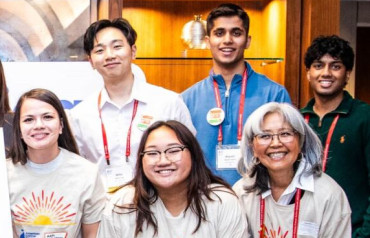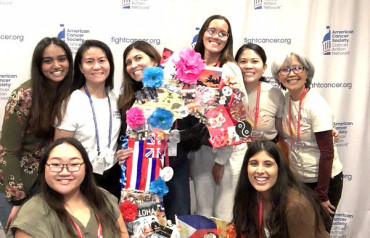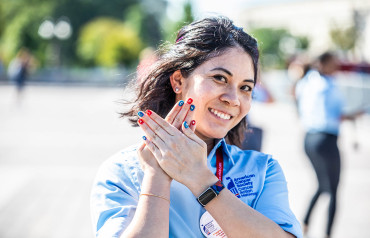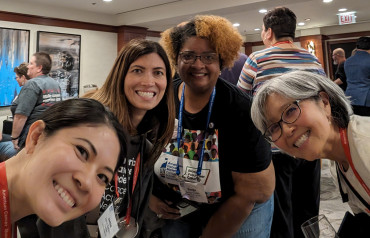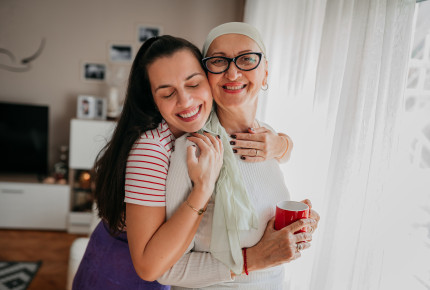Learn more about the group members.
Asian American & Pacific Islander Volunteer Caucus
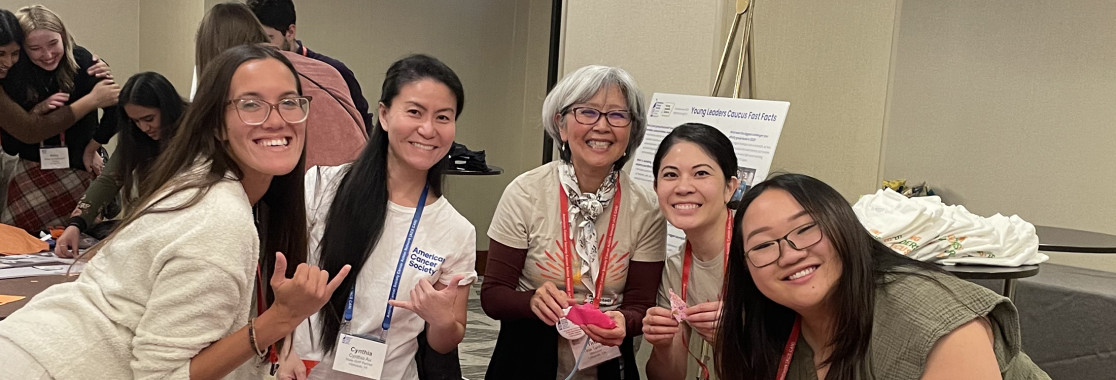
Mission
The Asian American & Pacific Islander (AAPI) Volunteer Caucus is engaging the Asian American and Pacific Islander community in ACS CAN to advance representation, reduce disparities, and reflect generational and language differences in our unique communities.
The Asian American & Pacific Islander community experiences an unequal cancer burden.

